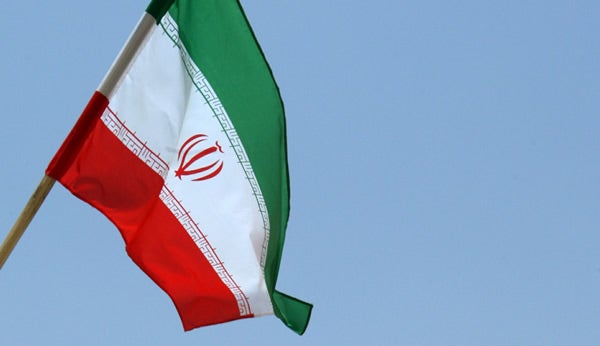The Oversight and Management Efficiency Subcommittee recently held a hearing about Iran’s influence and presence in Latin America. Contrary to a prior report released by the State Department, all of the experts who testified expressed deep concern over what they called a growing influence of Iran in the region.
Ilan Berman, vice president of the American Foreign Policy Council, pointed out that, since 2005, Iran has more than doubled the number of embassies in the Western Hemisphere from five to 11. Iran has also created a Spanish-language channel broadcasting in more than 10 countries. This is in addition to the 17 cultural centers already operating regionally. Their goal, according to Berman, is to gradually make the region more sympathetic to Iranian interests rather than American ones.
Additionally, Iran has reportedly created more than 500 cooperative trade agreements. Although most remain unfulfilled, Berman said, “Iran’s economic footprint in the region is increasing.” This he said, is evidenced by the fact that trade more than doubled, increasing from a yearly average of $1.3 billion in the years 2000–2005 to $3.67 billion today.
Joseph Humire, executive director of the Center for a Secure Free Society, addressed Iran’s observer status to the Bolivarian Alliance for the Peoples of Our America (ALBA). ALBA, a child born of the late Venezuelan president Hugo Chávez, is an economic and political partnership of left-wing, anti-American socialist regimes. Although it contains some of the poorest states in the region, “the Bolivarians have been able to dominate the narrative in the region for over a decade.”
This concern isn’t without merit. When the U.S. led the West in establishing crippling sanctions on Iran, ALBA states continued to trade with Iran. Venezuela and Ecuador, Humire testified, let Iran use internal banking structures to move its money into the international market. Additionally, operations with Cuba and Venezuela, Humire asserted, have been successful in creating fake IDs for Iranian citizens to immigrate more freely into North America. So altogether, Iran’s allies and continual push into Latin America has made the intended effect of sanctions weaker.
Looking objectively at the investments Iran has made in Latin America, it’s clear that the presence of Iran has grown significantly. As a state sponsor of terrorism through Hezbollah and its Quds Forces, the ties to the ALBA states provide potential launching points for attacks on the American homeland, our interests, and our allies. To quote Humire, “[T]he absence of evidence is not the evidence of absence.” Apologies to the State Department, but pretending that Iran isn’t influencing Latin America won’t make the problem go away.
Noelle Suarez-Murias is currently a member of the Young Leaders Program at The Heritage Foundation. For more information on interning at Heritage, please click here.

























